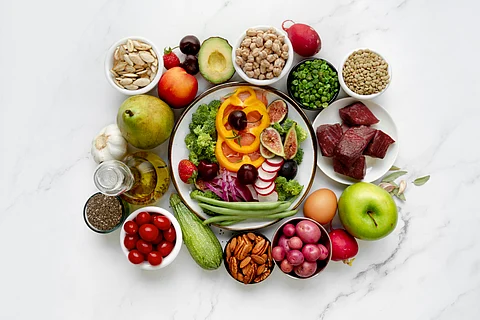Twin Studies: A Unique Approach
One of the most significant strengths of the research lies in its twin study design. Twins share 50–100% of their genetic makeup and, if raised together, experience the same early life environment. This unique framework allows researchers to isolate the effects of diet on depression from other confounding factors such as genetics or socioeconomic background.
Dr. Karen Mather, co-author and leader of CHeBA's Genomics and Epigenomics Group, emphasized this advantage, stating, “Twin designs can help address the issue of unwanted factors, like early-life socioeconomic status, influencing the results.”
The study gathered data from four twin research programs: the Older Australian Twins Study, Minnesota Twin Study of Adult Development and Aging, Middle Age Danish Twins Study, and Swedish Adoption/Twin Study of Aging. All participants were over 45 at baseline and provided information on their fruit and vegetable intake as well as depression symptoms at multiple points over the study period.
Dietary Intake and Mental Health
Low fruit intake in the study was defined as 0.3 servings per day, while low vegetable intake was 0.5 servings per day. Conversely, high intake equated to 2.1 servings of fruit and 2.0 servings of vegetables daily. Despite being categorized as "high," these levels still fell short of the World Health Organization’s (WHO) recommendation of five servings per day.
The researchers attribute the positive effects of fruits and vegetables on mental health to their high levels of dietary fiber, vitamins, and micronutrients. These components not only support overall physical health but also have profound impacts on the gut microbiome, oxidative stress, and inflammation—factors closely linked to depression.


